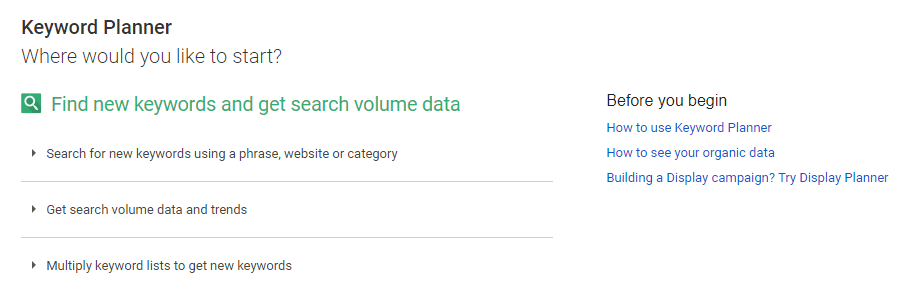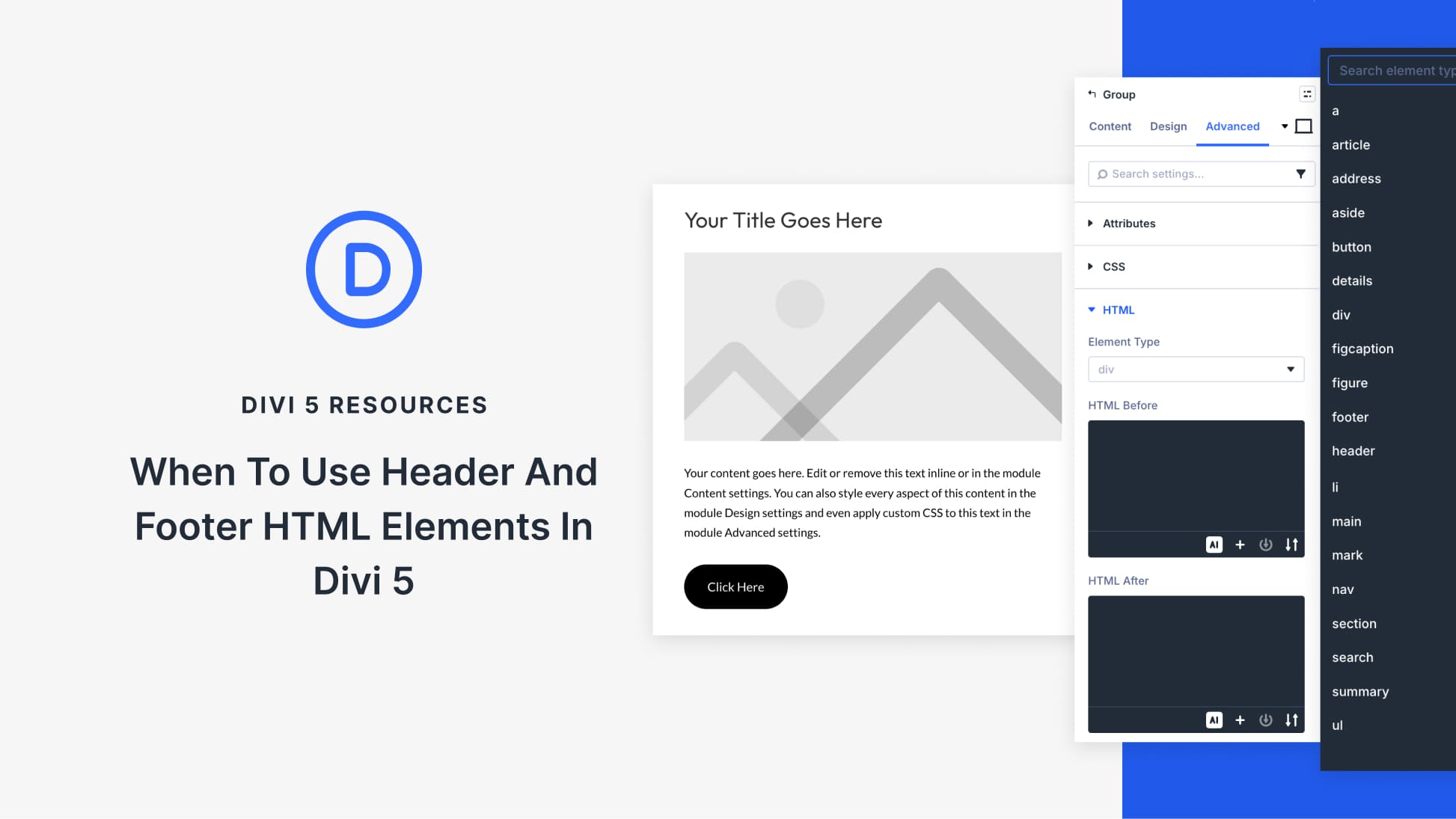Creating good content is the most important step to finding an audience, but knowing how to target those users comes very close. Without the right keywords, your WordPress content might never find its intended audience, and all your efforts could go to waste.
In this article, we’re going to talk about why you may need to create better keywords, and then we’ll guide you through three simple steps to help refine your strategy. Let’s dive in!
Why You May Need to Create Better Keywords
If you’ve been running your site for a while, chances are you’re already familiar with the basics of Search Engine Optimization (SEO). You probably have a good internal linking strategy, solid meta descriptions, and a decent keyword strategy too. However, it’s easy to become complacent when it comes to your choice of keywords, which can lead to a stagnation in your organic traffic.
Let’s discuss complacency. This means choosing keywords at random, or opting for more flexible keywords than useful ones. These are small oversights that can impact your long term search engine results, so you need to be on top of them. If you’re not aware of what good keywords can do for you, let’s break it down quickly:
- They can increase your organic traffic. You can always pay for clicks and views, but search engine traffic (also called organic) is the holy grail of sources. Simply produce good content with solid keywords, and wait for the results to come in.
- You can use them to find untapped sources of visitors. The right keywords can enable you to tap into overlooked niches, giving you an advantage.
- Make your content sound more natural. Ideally, you want your keywords to fade into the background of your content. If you take every chance you have to stuff them in, the quality of your articles will suffer.
Let’s take a minute to step back and go over an example of what constitutes a suboptimal keyword strategy. Imagine that you’re part of the Elegant Themes team and you’re trying to come up with a good keyword for a theme roundup. A bad example, in this case, would be something such as top wp themes – not only does the term have a low search volume (between 1–10,000) but it’s also confusing thanks to the abbreviation. A better – but tougher to break into – alternative would be top wordpress themes, or premium wordpress themes if you want to be more specific.
To put it another way – even slight changes in your keyword strategy can have a huge impact. That’s why it pays to choose yours methodically.
How to Create Better Keywords for Your WordPress Content (In 3 Steps)
In this section, we’ll walk you through three simple steps to fine-tune your keyword strategy. We’ll keep things simple and explain why each step is necessary. Let’s get to work!
Step #1: Research Your Options Thoroughly

Google’s Keyword Planner is a simple tool that can aid you in your research.
The first phase of a good keyword strategy is not to pick the terms you use randomly. If you have a strong eye for keywords, you might land upon a winner from time to time. However, you’ll also waste valuable time and effort along the way. A basic strategy, in this case, would be to look into the most popular keywords for your niche and take things from there.
This approach involves a bit of work, but you should start seeing results soon enough. If you pick your keywords based on hard data, rather than hunches, traffic will start to trickle in as your site accrues more authority. The process can – and often is – slow, but it works.
If you’re not sure how to approach your investigation, here’s a simple list of steps to follow:
- Use a keyword research tool such as Google’s Keyword Planner to identify top search queries in your niche.
- Make a list of the keywords you think are a good fit for your site.
- Search for each keyword in your list and analyze the top results.
- Take note of the approaches your competitors are using and the articles you could compete with by making your content longer and better.
This last step describes what is commonly known as the ‘Skyscraper Technique’. This simply means you take a piece of content and create a better alternative. Your goal at this step is to single out those keywords with content you’re confident you can beat. Put them on a final list, and work your way through in any order you see fit.
Step #2: Add Both Short and Long-Tail Keywords to Your List

If your keyword is made up of three or more words, it’s on the long end.
So far, we haven’t talked about the difference between short and long-tail keywords. The former refers to terms that are made up of one or two words, such as wordpress themes. Long-tail keywords, on the other hand, use three words at minimum and are often quite long, such as best free wordpress themes.
Technically, you can use any type of keyword you want for your content. Practically, it’s often harder to rank for shorter keywords since they tend to be more competitive. If you’re an Elegant Themes regular, you know we often recommend long-tail keywords. Not only are they easier to rank for, but they’re more important than ever these days due to the rise in mobile traffic.
For the best possible results, you’ll want to devise a strategy that involves both individual and long-tail keywords. You can then cover all your bases, and as your site gains more authority, you should start seeing better results from your individual keywords. Let’s go over a few simple steps for making this happen, starting with the list you put together earlier:
- Divide your list of potential keywords into short and long-tail options.
- Use Google’s Keyword Planner to search for each of your short keywords, and look for long-tail variations with decent volumes as replacements.
- Replace any short keywords you think would be too difficult to rank for, but leave some of them on your list.
- As a rule of thumb, you’ll want to make sure most of the keywords in your list are three words and more.
At this stage, your list of keywords may be getting a bit complicated. If you have too many options, the smart move is to use Google’s Keyword Planner to find out their search volume and rank them from the easiest to the most difficult. You can work your way through it in order, and put together a new list when necessary.
Step #3: Revisit Your Research Periodically

Moz’s Keyword Explorer is another great tool that can help you create better keywords for your site.
After the last two steps, you should have quite an extensive list of keywords to work with. That’s good news, but you still should take some time every couple of months to research new options, even if you still have some keywords to go.
The reason is simple – the way people interact with search engines changes over time. Keywords evolve, and the options you might have previously discarded due to a lack of competitiveness may suddenly look much more appealing. Take WordPress, for example – if you wanted to do an article concerning Christmas-related plugins in March, you’d probably strike out due to a lack of an audience. Write the same post in November or December, and you’re in business.
That, of course, is an exaggerated example, but it gets the point across. The good news is you don’t need to throw all your previous research out the window. Here’s how you should approach this task:
- Look for variations in search volumes for all of the keywords in your list that you still haven’t covered.
- Strike out any terms you feel don’t have enough volume anymore.
- Re-arrange your remaining keywords according to search volume.
- Look for other related terms that you haven’t covered yet.
For this last point, simply revisit the steps we covered during section number one. The only difference is, your website should be in a better position to compete this time around. That means you might be able to target more difficult terms, but your mileage may vary.
Conclusion
Keyword research may not be as fun as creating content, but it’s important nonetheless. Targeting the right terms can get you more traffic, as long as you do your research.
Let’s recap the three steps to creating better keywords for your WordPress content:
- Research your options thoroughly.
- Add short and long-term keyword variations to your list.
- Revisit your research periodically.
Do you have any questions about how to create better keywords for your content? Ask away in the comments section below!
Article image thumbnail by Keep Calm and Vector / shutterstock.com.









I also little confused about keywords for posts and keywords for blog. Thanks for asking that Bruce, And Great full to John sir for describe the solution so nicely. And also thanks for the step by step guide in this post.
You’re welcome! Thanks for your comment. 🙂
Hello! I’m confused about keywords for your site vs keywords for your post.
I run a news/policy/commentary site, where the keywords can change for pretty much every post. In such a situation, what should my keywords strategy be? I mean, I could put “Kentucky news” as the keyword for every news post, but that seems a little weird to me. Or am I missing something in my SEO strategy? (Probably.)
Hi Bruce! It sounds like you’ll want to focus on coming up with a unique keyword for every new post, which you can use to optimize each piece of content. Try picking a keyword that summarizes or reflects the topic of the post, whether that’s recent news or editorial comments. Yoast has a lot of good articles on picking solid keywords (for example: https://yoast.com/focus-keyword/).
Hello,John
Thank you for your useful tips especially for the part with the overlooked niches, which gave me few ideas for my own blog.
I believe the advices can be used for any type of blogs, not just for the ones created by WordPress?
Thanks for commenting! You’re right that much of this advice holds true no matter what platform you happen to be using. 🙂
You need to be actively running Google Addword campaigns to access the Google Keyword Planner. So it it not actually free.
Hi Stephen! That’s true, although if you take another look at the article, you’ll notice we did not claim that this tool is free to use.
I second Bijay.
There are plug-ins that can help in keyword search which can add keywords to your tags.
Hi Romeo! You’re right about that. As with many WordPress tasks, this one can be made easier with the right plugins. 🙂
Another useful post John, No doubt Keyword Research is the main thing that every blogger should care before delving into writing the post.
Thanks.
You’re welcome, Bijay! Keywords are a great first step to putting out quality content. 🙂